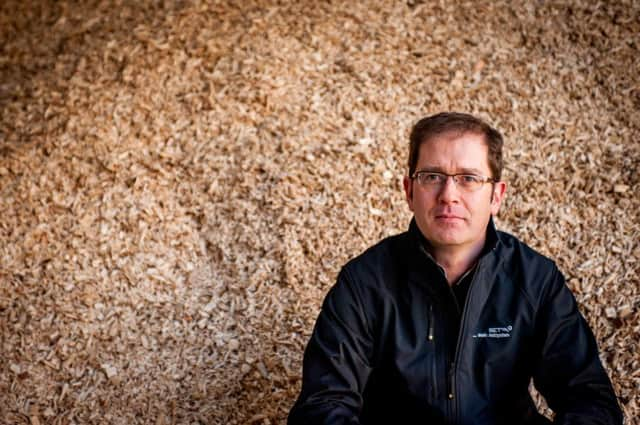Expertise to be shared with Eastern European country


Neil Harrison, director of Alnwick-based re:heat, is the UN Development Programme’s new external adviser on biomass, with a brief to assist Georgia in moving away from its dependency on fossil fuels to a more sustainable future based on renewable energy.
With well over a decade’s experience in the biomass sector, Neil and the re:heat team have established a reputation for professionalising the UK wood heat industry to ensure it reaches its full potential.
Advertisement
Hide AdAdvertisement
Hide AdTheir consultancy services are in high demand – for example, the Department of Energy and Climate Change asked re:heat to provide expert analysis of the likely future costs of installing and running biomass wood-burning heating in the UK.
Neil’s experience will be vital in helping the UN deliver its aim of developing its bioenergy sector and promoting the sustainable production and use of upgraded biomass fuels in Georgia.
Neil will undertake three missions to Georgia over the next 12 months to input his knowledge to the project on the ground while being available to provide phone and email advice when needed.
Georgia – with a population of 3.7 million people – embarked on a programme of major structural reform after it declared independence from the Soviet Union in 1991.
Advertisement
Hide AdAdvertisement
Hide AdNeil said: “I’m delighted at this appointment, to be able to support the establishment and growth of a sustainable bioenergy industry in a country which has a number of unique opportunities and challenges. It’s recognition of the work re:heat has been doing and our standing in the industry.
“I’ll work as an external expert to the Georgia office of the UN on its wide-reaching programme of support to grow the country’s biomass energy sector.
“Georgia has no history of biomass use, so expertise and knowledge of the technology is limited, so they want me to help provide that for them.
“The project aims to take the country off fossil fuels and onto renewable energy, making better use of their 40 per cent forest cover for biomass energy.
“They see it as a growth sector to create new employment and meet carbon emission targets.”